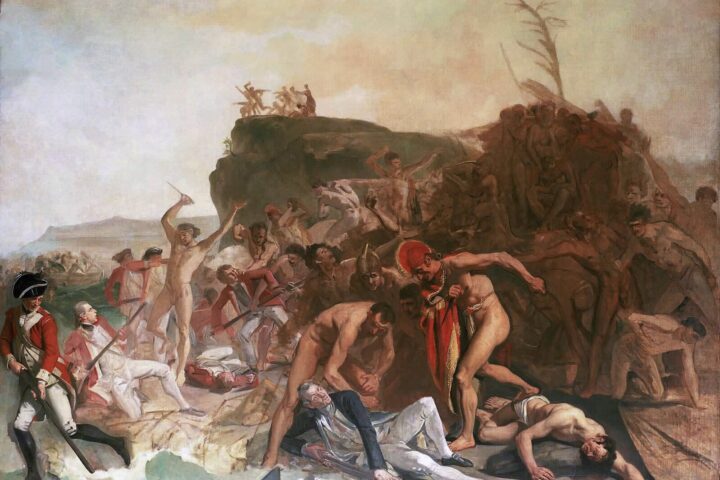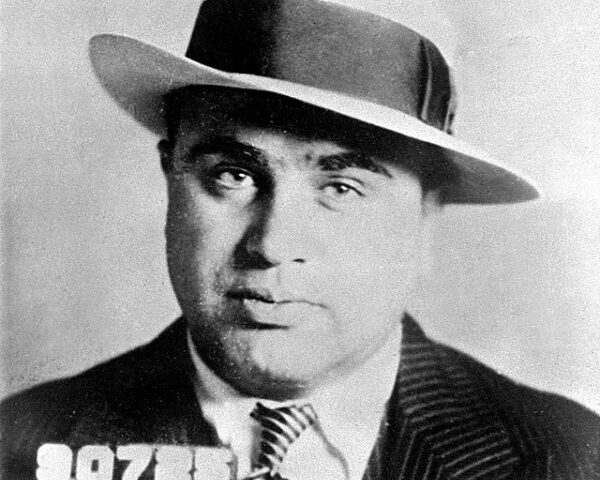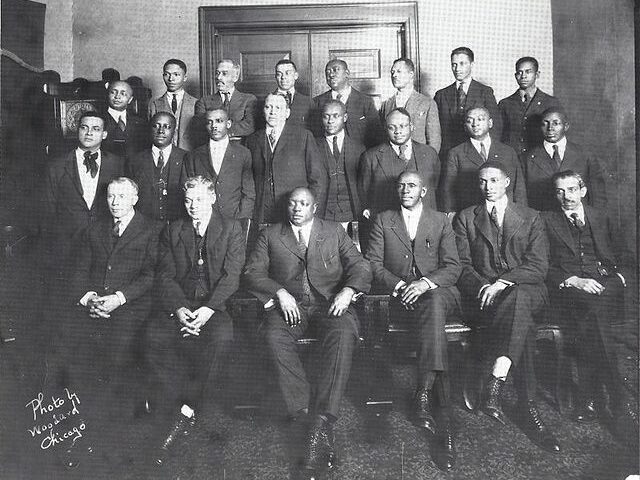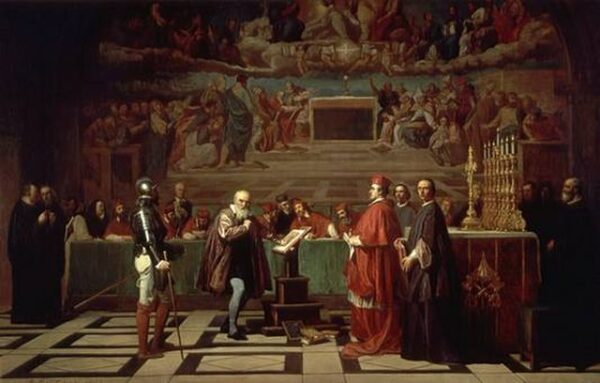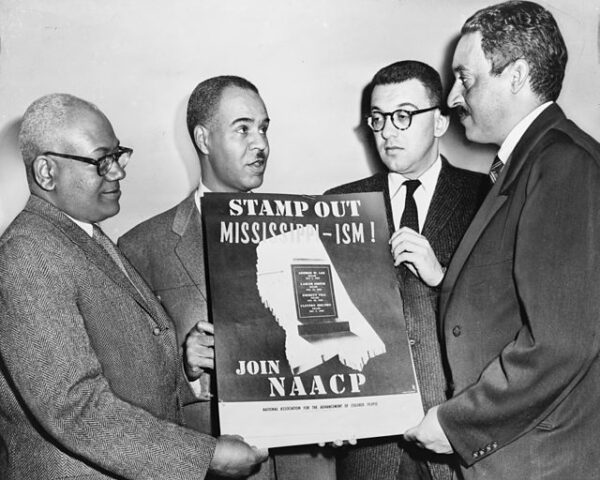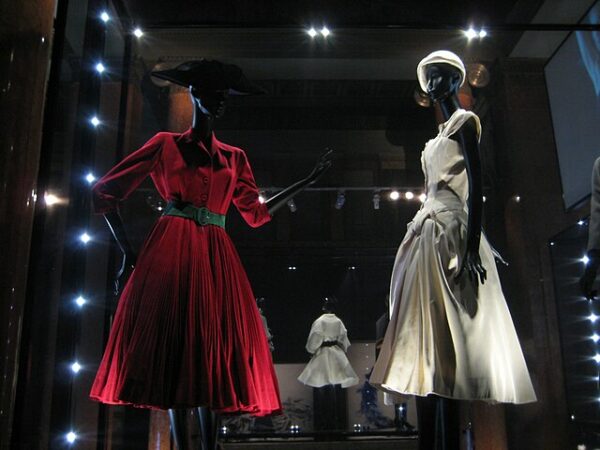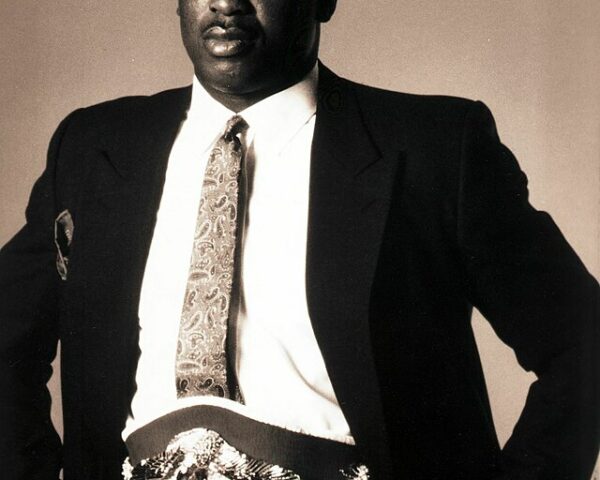On February 14, 1779, British explorer and navigator Captain James Cook was killed by Native Hawaiians near Kealakekua Bay on the island of Hawai‘i. His death marked a violent and symbolic end to a career that had significantly expanded European knowledge of the Pacific…
Read MoreIt’s the most famous mob killings of all time. The Saint Valentine’s Day Massacre is one of the most notorious events in the annals of American crime history, epitomizing the violence of the Prohibition era and the battle for control over the lucrative bootlegging…
Read MoreOn February 13, 1920, in a Kansas City YMCA, a group of Black baseball owners gathered under the leadership of Andrew “Rube” Foster and did something quietly revolutionary: they founded the Negro National League, the first successful, organized professional baseball league for African American…
Read MoreOn February 13, 1914, a group of distinguished songwriters, composers, and music publishers gathered at the Hotel Claridge in New York City to establish the American Society of Composers, Authors, and Publishers (ASCAP). Their goal was both simple and groundbreaking: to protect the copyrights…
Read MoreOn February 13, 1633, Galileo Galilei, the renowned Italian astronomer and physicist, entered Rome to face trial before the Inquisition after being charged with heresy due to his unwavering support for the heliocentric model of the universe. His assertion that the Sun, not the…
Read MoreOn February 12, 1909—coinciding with the centennial of Abraham Lincoln’s birth—a small but determined coalition of Black and white reformers gathered in New York City to launch what would become one of the most consequential civil rights organizations in American history: the National Association…
Read MoreOn February 12, 1999, the United States Senate acquitted President Bill Clinton of impeachment charges, bringing an end to a highly contentious political and legal battle that had gripped the nation for over a year. Clinton, the 42nd president of the United States, had…
Read MoreThe debut of Christian Dior’s “New Look” on February 12, 1947, marked a defining moment in fashion history, reestablishing Paris as the uncontested heart of haute couture. Emerging from the shadows of World War II, Dior’s collection infused the weary fashion scene with a…
Read MoreThe story is could be straight out of the movie Rocky as one of the greatest sports upsets of all time. On February 11, 1990, Buster Douglas took on Mike Tyson in Tokyo, Japan. Douglas, the challenger, was a monumental 42-1 underdog, facing the undefeated…
Read MoreOn February 11, 1808, Jesse Fell, a judge and businessman from Wilkes-Barre, Pennsylvania, conducted a simple yet groundbreaking experiment that changed the way Americans heated their homes. By successfully burning anthracite coal on an open grate, he proved that this hard, dense fuel could…
Read More

